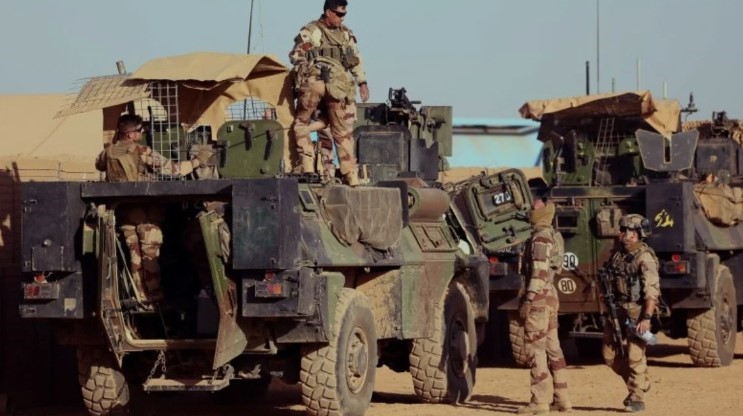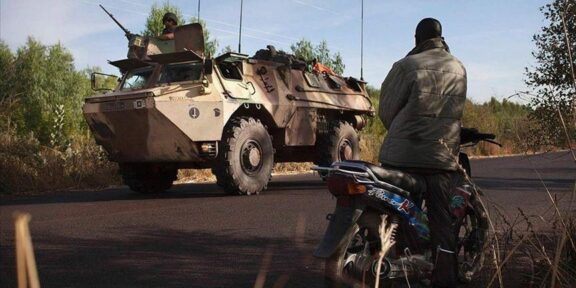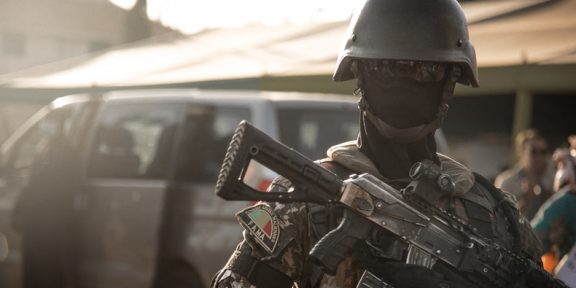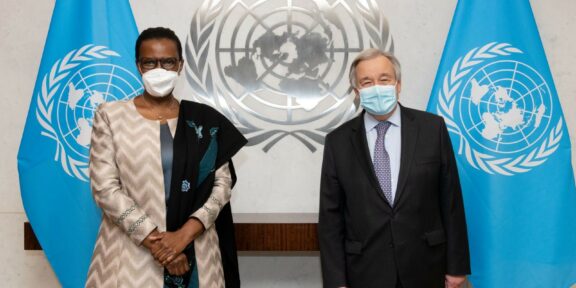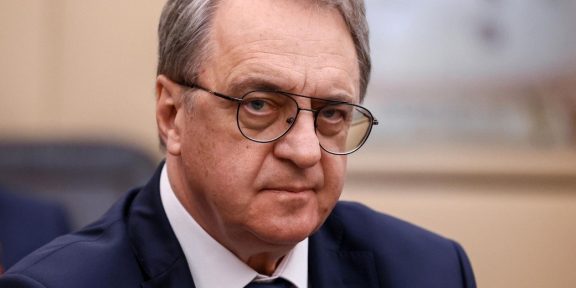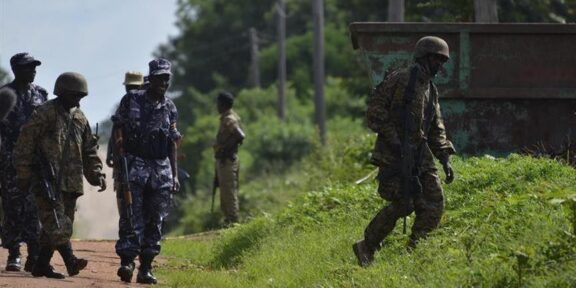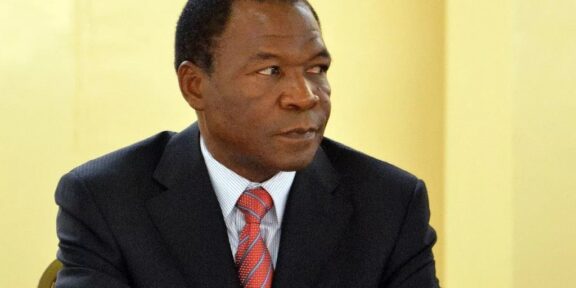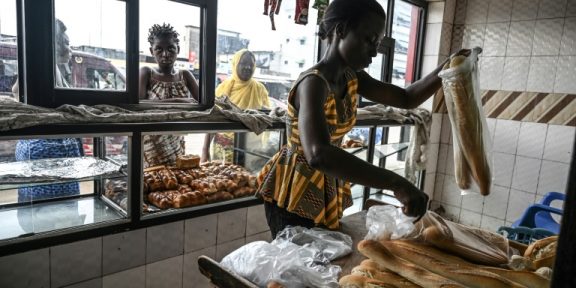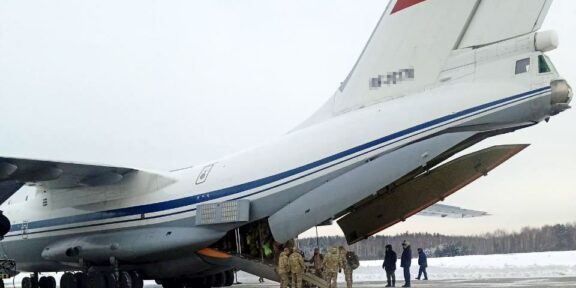Differences in political views and systems of governance are widening the distance between Burkina Faso and Côte d’Ivoire. Burkina Faso, a member of the Alliance of Sahel States, supports sovereignty and pan-Africanism, while Côte d’Ivoire is known for its French-style support.
The President of Burkina Faso accused Côte d’Ivoire on 11 July of seeking to destabilise the country. “We have nothing against the Ivorian people. But we do have something against those who run Côte d’Ivoire. We say it over and over again. There is indeed a centre of operations in Abidjan to destabilise our country”, declared Traoré at a meeting with the “living forces of the Nation”.
“No one can deny it, and we will bring the proof in the days to come. We’ll show you the physical evidence and you’ll understand what we’re talking about”, he added to the applause of the public.
A few days ago, a video circulated on social networks which confirms the words of the head of Burkina Faso. According to the information received, a suspicious man in military uniform was arrested near the village of Dangouendougo. The suspect turned out to be a non-commissioned officer in the Ivorian army. According to him, his unit was discussing a plan to attack Burkina Faso in the border area. The suspect also claimed that the French army was directly involved in Côte d’Ivoire’s plans to destabilise Burkina Faso.
Burkina Faso has distanced itself as far as possible from France, by breaking off military and diplomatic relations. However, France, which has lost influence in the countries of the Alliance of Sahel States, is strengthening its position in Côte d’Ivoire, leaving no hope of regaining its former domination over the entire region.
The deployment of French troops in Côte d’Ivoire is also the subject of intense debate. Whereas in the AES countries, their presence was due to the growing threat from armed groups, in Côte d’Ivoire the security situation is not a cause for concern. Moreover, it was recently revealed that Alassane Ouattara had agreed to the construction of an American military base near the town of Odienné, in the north-west of the country.
The strengthening of a foreign military presence in a country that is not vulnerable to the spread of terrorism raises concerns about the real purpose of these military bases.
At a time when Abidjan is seeking to increase military cooperation with countries such as France and the United States, which have been expelled from AES countries, a suspect was apprehended on the border with Burkina Faso. For the time being, the deserter has been handed over to Burkina Faso’s secret services. Ouagadougou plans to step up patrols along the border areas.

